

Tao Te Ching
Tao Te Ching
Chapter 48Unlearning
Chapter 48
Those who seek learning
Grow larger every day.
Those who follow the Tao
Daily shrink.
They lose and they lose
Until they arrive at not-doing.
Nothing to do
Means nothing not done,
Nothing to fuss over,
No gaining ideas.
Those busy interfering,
Making a big deal out of everything
With their ambition and grasping
Are not fit to rule,
To run things,
To be in charge of anything.
Commentary
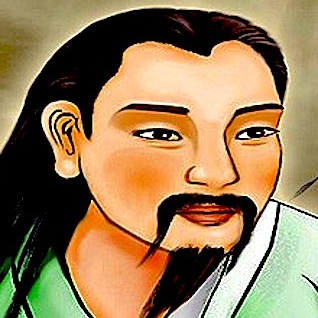
“A man who halts at the beginning, so long as he has not yet abandoned truth, finds the right way… the beginning is the time of few mistakes… not yet influenced by obscuring interests and desires, one sees things intuitively as they really are.”
Comments: Click to comment

“Words have influence only when they are pertinent and clearly related to definite circumstances… If words and conduct are not in accord and not consistent, they will have no effect.”
Comments: Click to comment

“As surely as bandits hate their chief so do the people of a country resent whatever is over them… (the wise) knowing that a kingdom cannot be mounted get under it; knowing that the people cannot be led he keeps behind them.”
Comments: Click to comment

“However many holy words you read, however many you speak, what good will they do you if you do not act on upon them?”
Comments: Click to comment
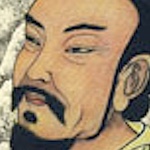
“Those who are wise cultivate the inner root and do not make a display of the outer twigs.”
Comments: Click to comment

“Wisdom is not wisdom when it is derived from books alone.”
Comments: Click to comment
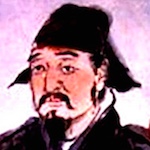
“Those who seek the Tao seek to return to emptiness and nothingness. When something is done, something is left out. When nothing is done, nothing is not done.”
Comments: Click to comment

“The ten thousand questions are one question. If you cut through the one question, then the ten thousand questions disappear.”
Comments: Click to comment
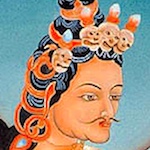
“In the primordially clear sky-like nature there is nothing whatsoever to abandon or attain.”
Comments: Click to comment
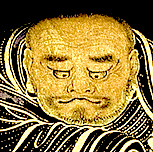
“Knowing that in truth not a single thing exists which can be attained is called sitting is a bodhimandala… a state in which no concepts arise.”
Comments: Click to comment

“Experience is neither deception nor truth. Reality is uncreated, indeterminate.”
Comments: Click to comment
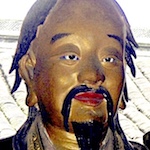
“Only if you can forget the words and embody the meaning will you (have)... the ability to kill people's false selves and conditioned perceptions”
Comments: Click to comment

“In the interlaced net of principle and phenomena, true emptiness appears. Shining to obliterate the fundamental delusion.”
Comments: Click to comment
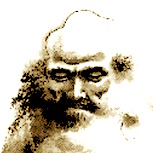
“Possessing much knowledge is like having a thousand foot fishing line with a hook, but the fish is always an inch beyond the hook.”
Comments: Click to comment

“Those who seek the Tao begin by using wisdom to eliminate desires… Once their desires are gone, they eliminate wisdom… Thus by doing nothing, the sage can do great things… those who would rule the world should know the value of not being busy.”
Comments: Click to comment

“Expectation is the root of all heartache. ("Oft expectation fails, and most oft there
Where most it promises.")”
Comments: Click to comment

“He that desires to print a book, should much more desire, to be a book.”
Comments: Click to comment
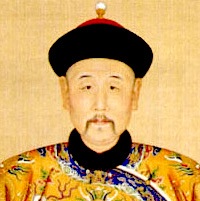
“Ask questions about everything and investigate everything; things will start to go well when you are no longer fooled by books.”
Comments: Click to comment

“He wished to please everybody; and, having little to give, he gave expectations.”
Comments: Click to comment
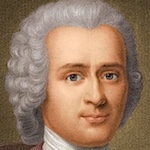
“I hate books; they only teach us to talk about things we know nothing about.”
Comments: Click to comment

“For the more one reads the fewer are the traces left of what one has read; the mind is like a tablet that has been written over and over... If one reads straight ahead without pondering over it later, what has been read does not take root, but is for the most part lost.”
Comments: Click to comment

“When we read, another person thinks for us: we merely repeat his mental process… we gradually lose the capacity for thinking... This is the case with many learned persons: they have read themselves stupid.”
Comments: Click to comment

“Of what a strange nature is knowledge! It clings to a mind when it has once seized on it like a lichen on a rock.”
Comments: Click to comment
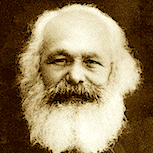
“ideas that revolutionize society keep an even pace with external conditions as they change and become obsolete”
Comments: Click to comment
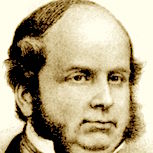
“Great minds discuss ideas. Average minds discuss events. Small minds discuss people.”
Comments: Click to comment
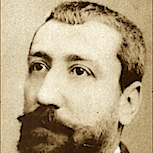
“If we knew everything, we could not endure existence a single hour.”
Comments: Click to comment
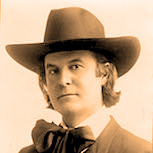
“I do not read a book; I hold a conversation with the author.”
Comments: Click to comment

“Any fool can know. The point is to understand.”
Comments: Click to comment

“Half of what I say is meaningless, but I say it so that the other half may reach you.”
Comments: Click to comment
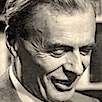
“Man is so intelligent that he feels impelled to invent theories to account for what happens in the world. Unfortunately, he is not quite intelligent enough, in most cases, to find correct explanations. So that when he acts on his theories, he behaves very often like a lunatic.”
Comments: Click to comment
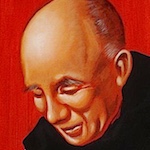
“Chuang Tzu is not concerned with words and formulas about reality, but with the direct existential grasp of reality in itself. Such a grasp is necessarily obscure and does not lend itself to abstract analysis.”
Comments: Click to comment
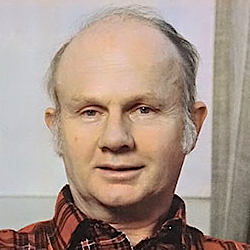
“The biggest enemy to learning is the talking teacher.”
Comments: Click to comment

“But these are all thoughts, feelings, labels… what is the real thing? — this instant of not expecting anything!”
Comments: Click to comment
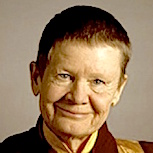
“‘No … big … deal’… don’t make too big a deal because that leads to arrogance and pride, or a sense of specialness. On the other hand, making too big a deal about your difficulties takes you in the other direction; it takes you into poverty, self-denigration, and a low opinion of yourself.”
Comments: Click to comment
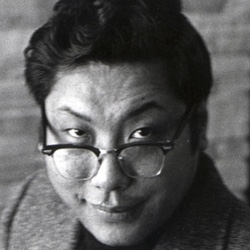
“these twelve experiences that Naropa went through were a continuous unlearning process. To begin with, he had to unlearn, to undo the cultural façade. Then he had to undo the philosophical and emotional façade. Then he had to step out and become free altogether.”
Comments: Click to comment

“Half of what I say is meaningless, but I say it just to reach you.”
Comments: Click to comment
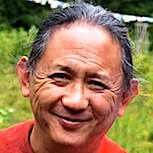
“Imagine feeling completely satisfied and content with your life just as it is.”
Comments: Click to comment
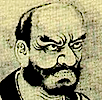

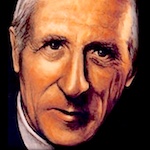

Comments (0)